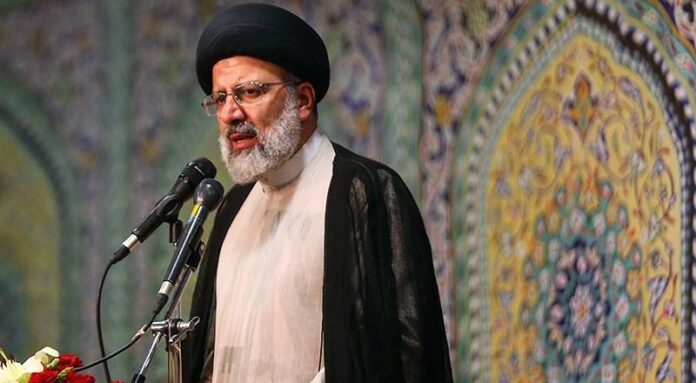Despite recent vows of cooperation between Iran and Pakistan, multiple factors hinder the fruition of the ambitious Iran-Pakistan gas pipeline project
During a recent state visit by Iranian President Ebrahim Raisi to Pakistan, both nations reiterated their commitment to enhancing bilateral cooperation, particularly in the energy sector. This included ambitious plans for the Iran-Pakistan Gas Pipeline, a project that has been mired in controversy and delay since its inception in 2009. Despite the positive rhetoric, the reality of geopolitical, economic, and internal challenges casts a long shadow over the project’s viability.
The pipeline, intended to transport natural gas from Iran’s South Pars field to Pakistan, was finalized in 2009, with Iran completing its section by 2012. However, Pakistan has yet to start construction on its portion, citing international sanctions and lack of financial backing as significant obstacles. The situation is further complicated by the United States’ stance on any business with Iran, which has been clear and unwavering. U.S. officials have consistently warned that engaging in such business could trigger sanctions, a risk Pakistan has been reluctant to navigate without explicit waivers, which it has notably never sought.
Embed from Getty ImagesAdding to the project’s woes is the issue of informal trade between the two countries, predominantly in smuggled Iranian diesel, which reportedly accounts for about 35% of Pakistan’s needs. This smuggling does not require hard currency and involves a network of vested interests, including officials who benefit financially from the status quo. This network poses a formidable barrier to formalizing trade, which would necessitate tackling entrenched smuggling operations.
Moreover, the region’s security dynamics, characterized by proxy terrorism, pose another significant hurdle. Despite agreements on joint counter-terrorism efforts, the presence of groups like TTP, Jaishul Adl, BLA, and BLF, believed to be instruments in a larger geopolitical proxy war, makes it challenging to secure the border regions effectively.
Lastly, the influence of Saudi Arabia over Pakistan’s policy decisions cannot be overlooked. This influence often runs counter to deepening ties with Iran, further complicating the diplomatic and economic landscape.
Given these multifaceted challenges, the prospects for the Iran-Pakistan Gas Pipeline and broader formal trade relations remain bleak. The rhetoric of cooperation and mutual benefit, though appealing, crashes against the harsh rocks of geopolitical realities and domestic entanglements. As leaders on both sides navigate these turbulent waters, the gap between ambitious declarations and actionable policy continues to widen, questioning the feasibility of such grand projects in the current regional context
